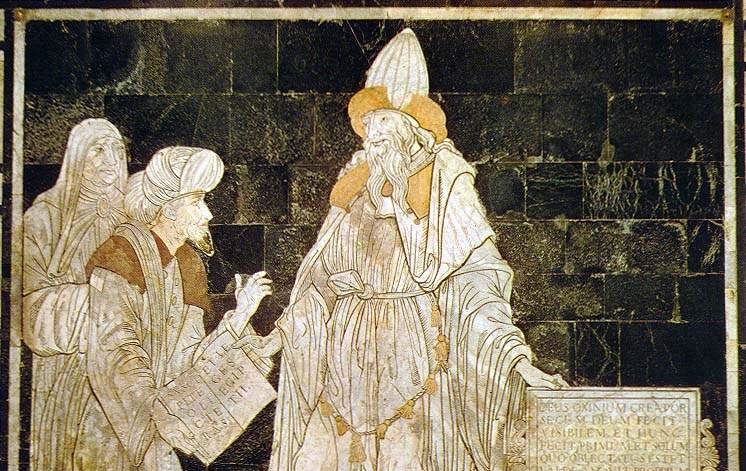| Platonism & Christianity | 6 weekly classes | from Monday 17 June, 2024 | in Lonsdale St (+online) |

Hellenistic culture had been transforming Jewish society already for three centuries up to the time of Christ. Soon after that, Judaism took a sharp turn back to its roots, while Hellenistic Judaism disappeared. Or did it? We might say that it thrived – thriving as Christianity.
Join us from Monday 17 June for Platonism and Christianity [BOOKED OUT] where we explore the extent to which Christianity began as a Hellenistic religion, and then discover the ingenious modes of influence by which Platonism and neo-Platonism shaped its theology and mythology during its first six centuries.
|PAM on Instagram | Facebook page | Facebook group | Eventbrite |

